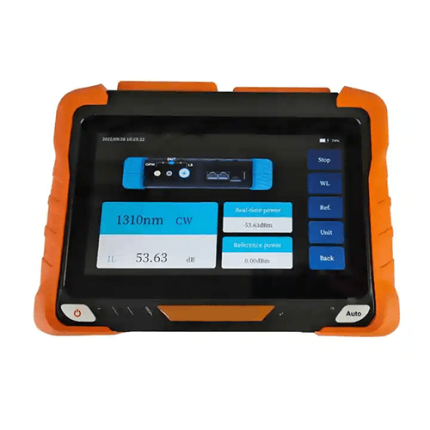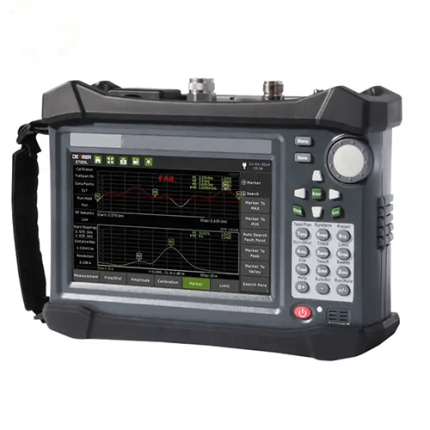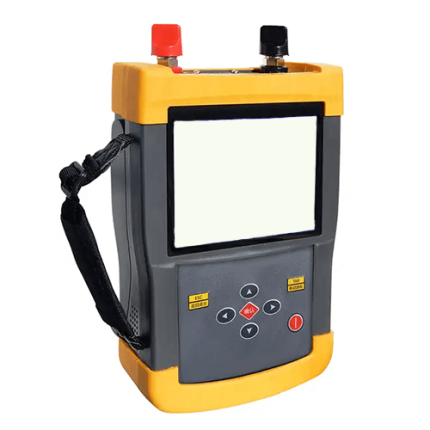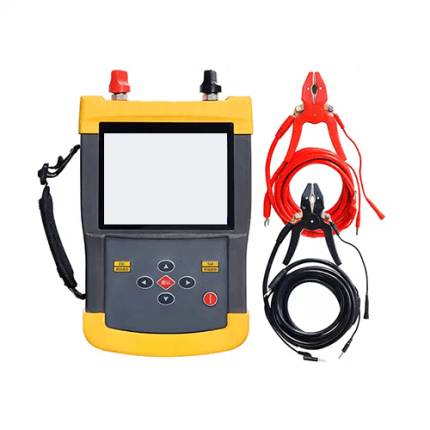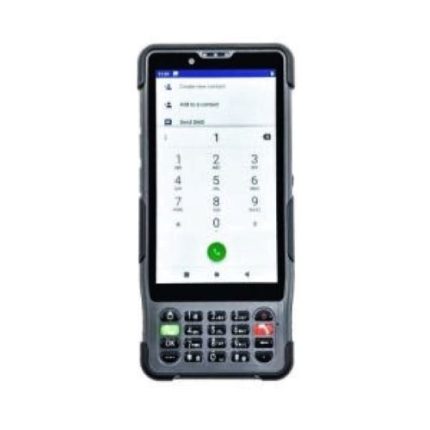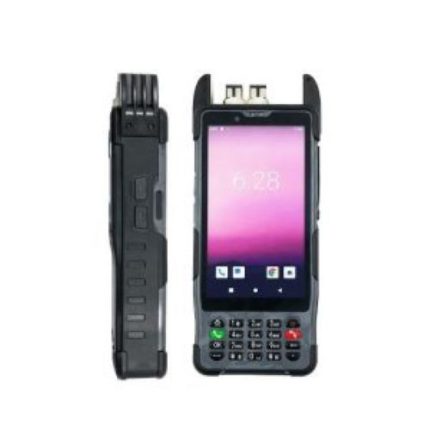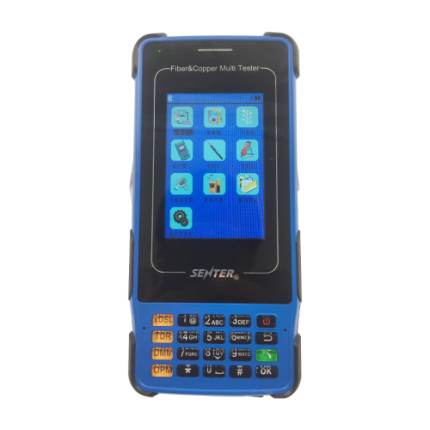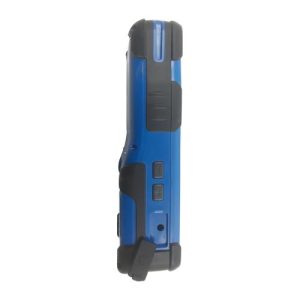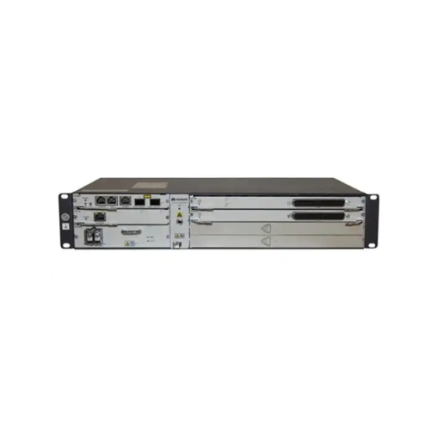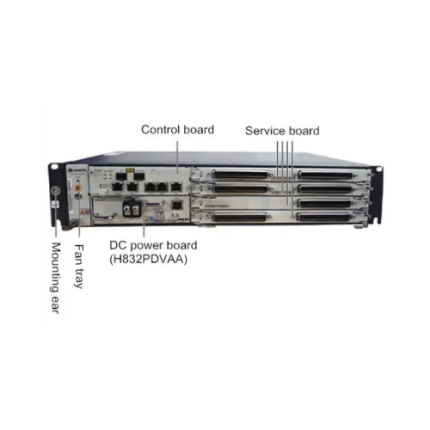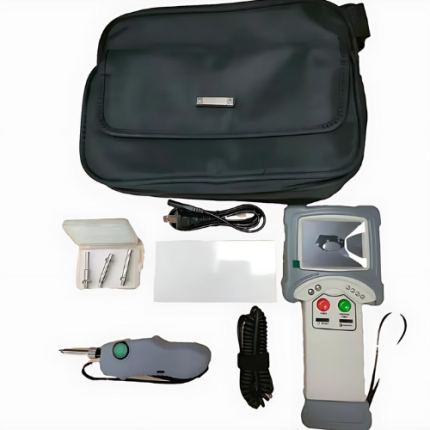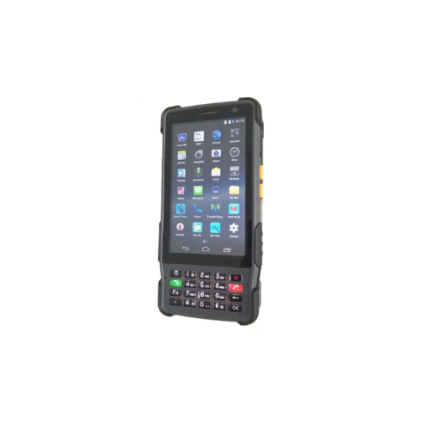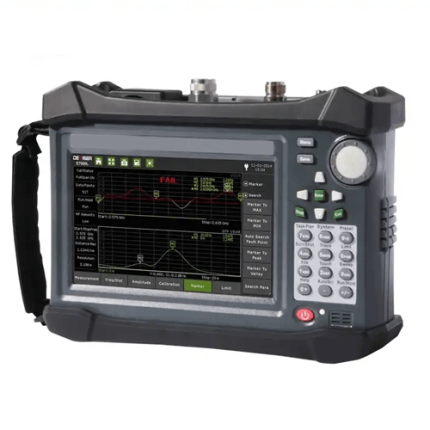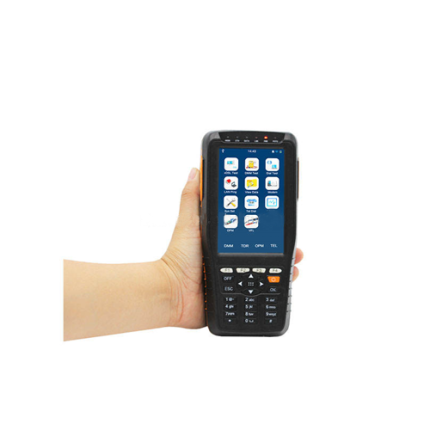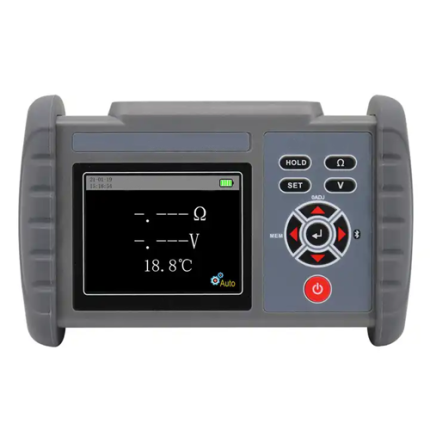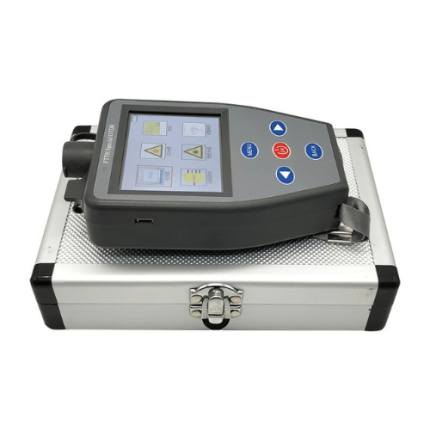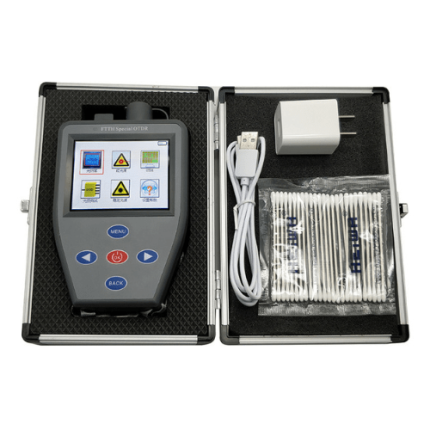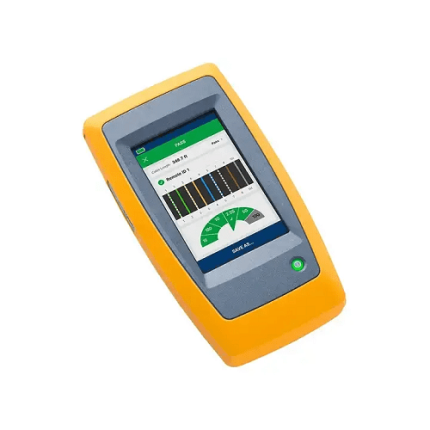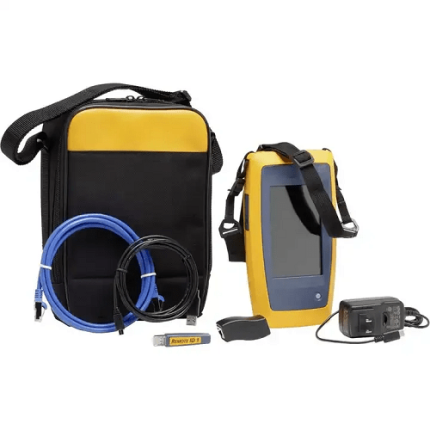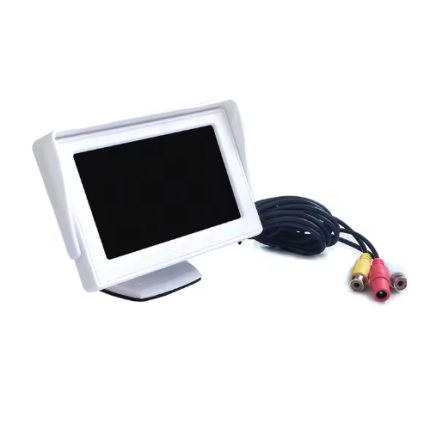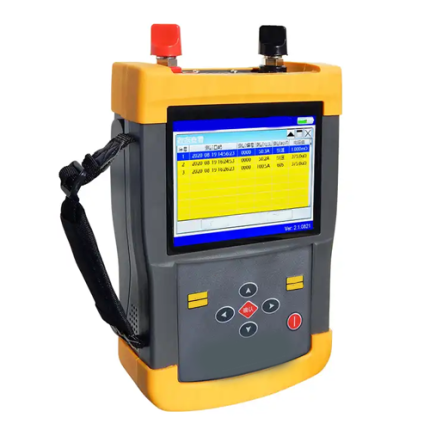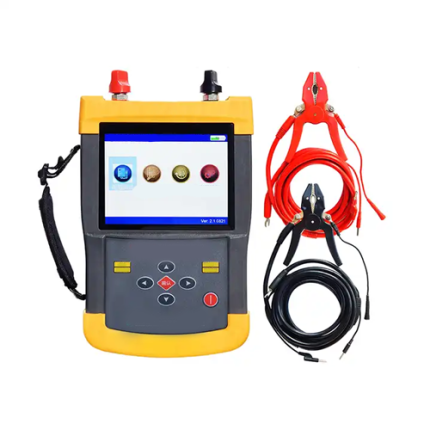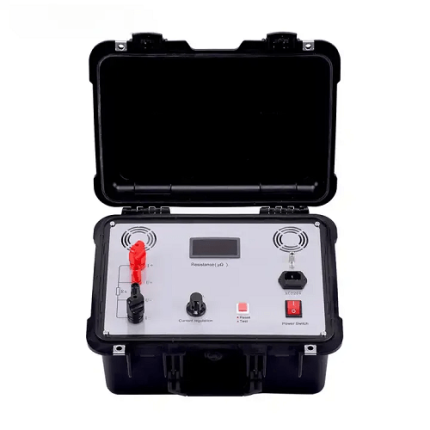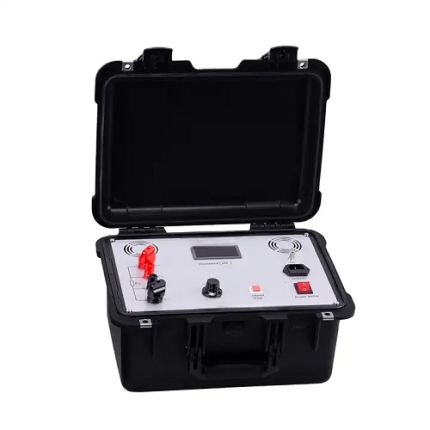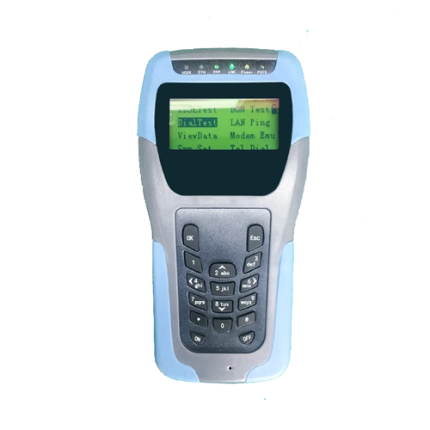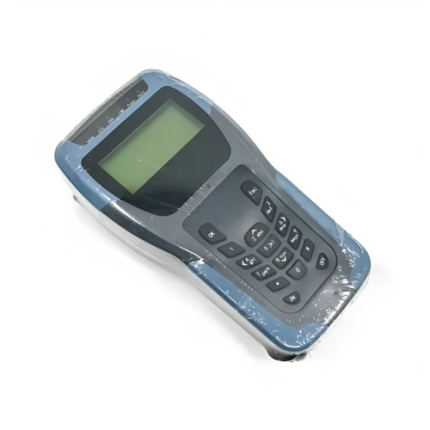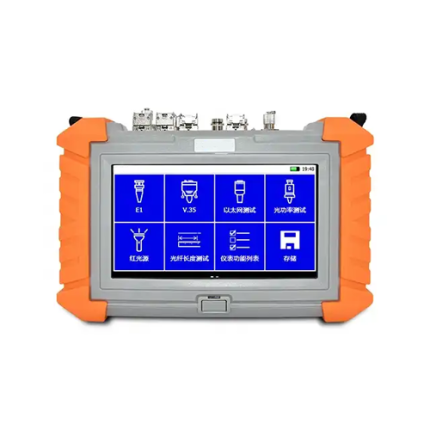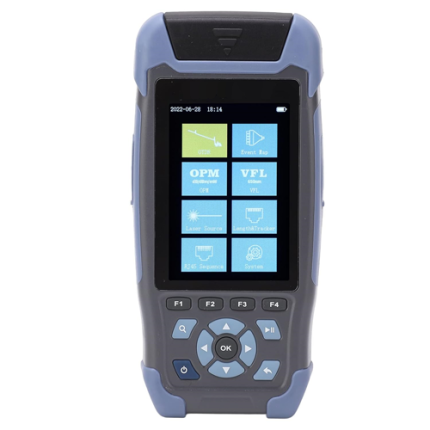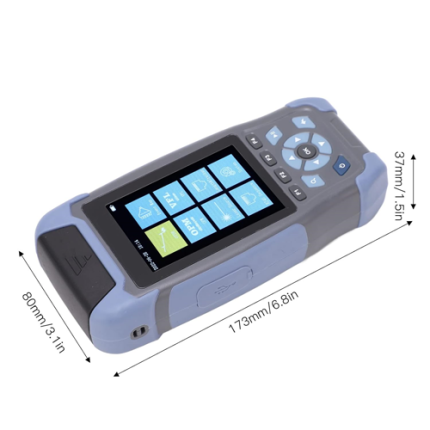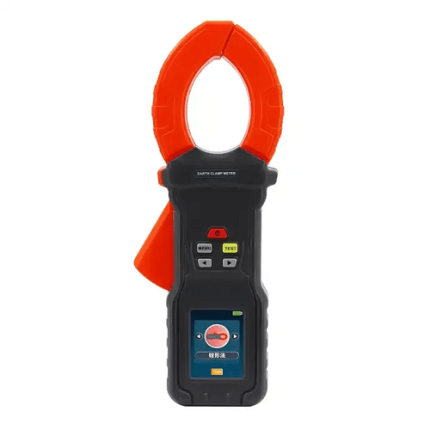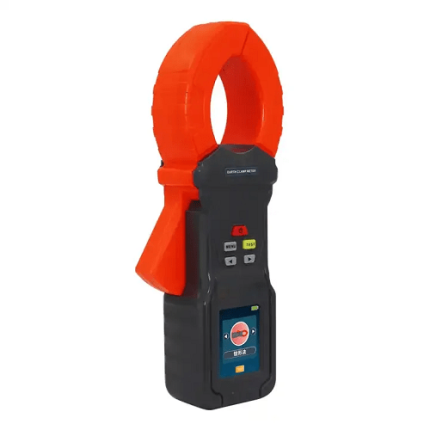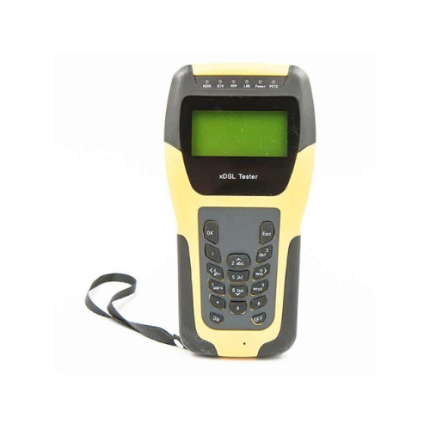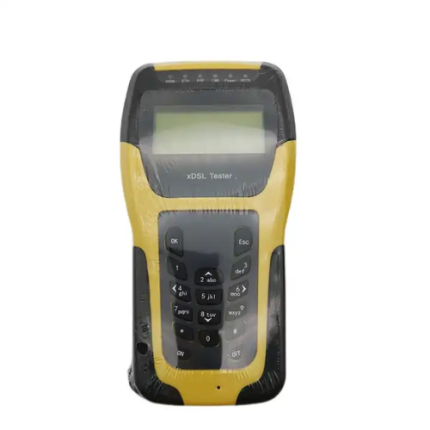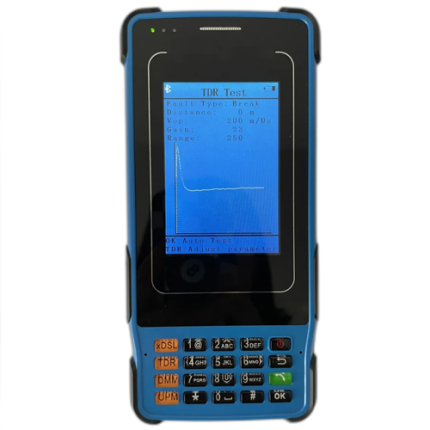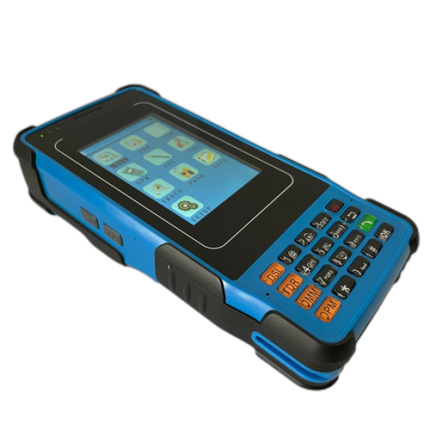xDSL Testers
GAO’s xDSL testers are specialized devices used to test and analyze the performance and quality of xDSL (Digital Subscriber Line) connections. xDSL refers to a family of technologies that provide high-speed data transmission over traditional copper telephone lines. The most common types of xDSL include ADSL (Asymmetric DSL), VDSL (Very-high-bit-rate DSL), and VDSL2. Our xDSL testers are used by technicians, network engineers, and service providers to troubleshoot and validate xDSL connections. These testers typically offer a range of features and capabilities to diagnose, monitor, and optimize xDSL lines.
GAO’s xDSL testers are composed of a test interface, display screen, control buttons/keypad, processor, memory, power source, network connectivity, test probes/cables, and firmware/software.
Cable Antenna Analyzer with 2 MHz to 4.4 GHz Range & Dual Display Output – GAOTek
Contact Resistance Checker with 100A Output & 0.1µΩ Resolution for High Accuracy – GAOTek
GAOTek ADSL and VDSL IP DSLAM
GAOTek ADSL Modem Router Tester
GAOTek ADSL VDSL VDSL2 Tester
GAOTek Antenna Analyzer xDSL Tester
GAOTek Basic ADSL Tester for xDSL
GAOTek Battery Inner Resistance xDSL Tester
GAOTek Broadband Fiber Installation Testers
GAOTek Cable Antenna Analyzer
GAOTek Cable Network XDSL Tester
GAOTek Cable Tracing ASDL Tester
GAOTek Camera Test Monitor ASDL Tester
GAOTek Contact Resistance Checker
GAOTek Contact Resistance XDSL Tester
GAOTek Copper Tester
GAOTek Data Integrator xDSL Tester
GAOTek Dynamic Range XDSL Testers
GAOTek Earth Resistance XDSL Tester
GAOTek Emulation XDSL Line Tester
GAOTek Fault Locator XDSL Testers
GAO’s xDSL testers have the following functions:
- Line Testing: Our xDSL testers can perform various line tests to assess the quality and stability of the xDSL connection. These tests include measuring parameters such as signal strength, line attenuation, noise levels, and signal-to-noise ratio (SNR).
- Physical Layer Testing: GAO’s xDSL testers can verify the physical layer functionality of the xDSL link, ensuring that the connection is established correctly. This includes checking the synchronization between the modem and the central office equipment, verifying the presence of proper line coding, and assessing the line stability.
- Connection Speed Measurement: Our xDSL testers can measure the actual connection speed or throughput of the xDSL link. This allows users to determine the actual data transfer rates and compare them against the expected speeds or service level agreements (SLAs).
- Fault Diagnosis: In case of connectivity or performance issues, our xDSL testers can assist in diagnosing faults or problems within the xDSL network. By conducting tests and analyzing the results, they can identify potential causes of issues such as line faults, signal degradation, or equipment malfunctions.
- Bit Error Rate Testing: By generating controlled test signals and comparing them to received signals, GAO Tek’s xDSL testers can measure the bit error rate (BER) of the xDSL connection. This provides an indication of the transmission quality and helps assess the overall performance of the link.
GAO Tek’s xDSL testers are rugged, versatile, and precision measurement instruments. They comply with applicable industry standards such as ITU-T G.992.1, ITU-T G.993.1, ANSI/TIA/EIA-568-B.2, ETSI TS 101 385-1, and DMTF TR-111.
GAO Tek’s xDSL testers help our customers comply with relevant U.S. government regulations such as:
- Federal Communications Commission (FCC)
- Equipment Authorization (EA) Requirements for Telecommunications Terminals
- International Electrotechnical Commission (IEC)
GAO Tek’s xDSL testers help our clients in complying with relevant Canadian government regulations such as:
- Telecommunications Equipment Certification Body (TECB):
- Electrical Safety Authority (ESA)
- Canadian Radio-television and Telecommunications Commission (CRTC)
GAO’s xDSL testers have the following applications:
- Fault location: GAO’s xDSL testers can utilize reflection testing techniques to identify impedance mismatches or discontinuities in our xDSL line, aiding in the precise location of faults. XDSL testers equipped with TDR functionality can measure the time it takes for a signal to reflect back from a fault, enabling technicians to estimate the distance to the fault and its nature (e.g., open or short circuit).
- Line quality testing: Our xDSL testers can perform crosstalk analysis to measure the level of interference caused by neighboring lines, helping to identify potential issues affecting signal quality. In addition to measuring signal attenuation and data transfer rate.
- Troubleshooting: GAO Tek’s xDSL testers equipped with protocol analysis capabilities can capture and analyze network packets, enabling technicians to identify and diagnose protocol-related issues that may be causing slow speeds, dropped calls, or intermittent service. Our xDSL testers can perform loopback tests, where the signal is looped back within our xDSL line, allowing technicians to isolate and troubleshoot issues within specific segments of the line, such as local loops or customer premises equipment.
- Installation: Our xDSL testers can verify the proper wiring connections between different components of our xDSL equipment, ensuring correct installation and minimizing potential issues. Our xDSL testers can verify the firmware versions of modems and routers, ensuring that they are up-to-date and compatible with our xDSL network, which can prevent performance issues or incompatibility-related failures.
- Training: Our xDSL testers can simulate various scenarios, such as line faults, signal degradation, or network congestion, allowing technicians to practice troubleshooting and problem-solving in a controlled environment.
Our xDSL testers can be shipped overnight within the continental U.S. and Canada, and can be shipped globally.

